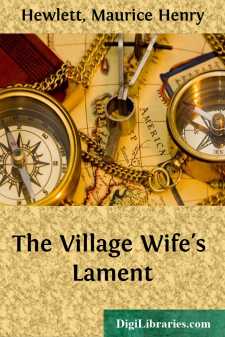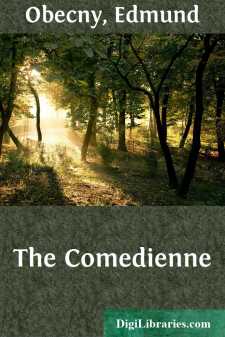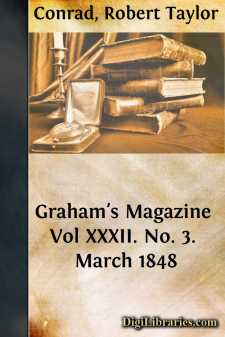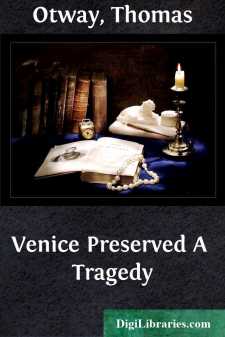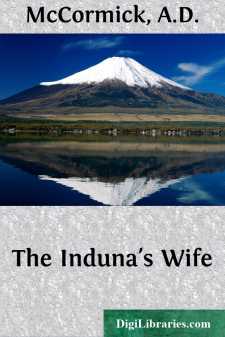Categories
- Antiques & Collectibles 13
- Architecture 36
- Art 48
- Bibles 22
- Biography & Autobiography 813
- Body, Mind & Spirit 142
- Business & Economics 28
- Children's Books 17
- Children's Fiction 14
- Computers 4
- Cooking 94
- Crafts & Hobbies 4
- Drama 346
- Education 46
- Family & Relationships 57
- Fiction 11829
- Games 19
- Gardening 17
- Health & Fitness 34
- History 1377
- House & Home 1
- Humor 147
- Juvenile Fiction 1873
- Juvenile Nonfiction 202
- Language Arts & Disciplines 88
- Law 16
- Literary Collections 686
- Literary Criticism 179
- Mathematics 13
- Medical 41
- Music 40
- Nature 179
- Non-Classifiable 1768
- Performing Arts 7
- Periodicals 1453
- Philosophy 64
- Photography 2
- Poetry 896
- Political Science 203
- Psychology 42
- Reference 154
- Religion 513
- Science 126
- Self-Help 84
- Social Science 81
- Sports & Recreation 34
- Study Aids 3
- Technology & Engineering 59
- Transportation 23
- Travel 463
- True Crime 29
Sort by:
O what is this you've done to me,Or what have I done,That bare should be our fair roof-tree,And I all alone?'Tis worse than widow I becomeMore than desolate,To face a worse than empty homeWithout child or mate.'Twas not my strife askt him his lifeWhen it was but begun,Nor mine, I was a new-made wifeAnd now I am none;Nor mine that many a sapless ghostWails in sorrow-fare—But this does...
more...
by:
Edmund Obecny
CHAPTER I Bukowiec, a station on the Dombrowa railroad, lies in a beautiful spot. A winding line was cut among the beech and pine covered hills, and at the most level point, between a mighty hill towering above the woods with its bald and rocky summit, and a long narrow valley, glistening with pools and marshes, was placed the station. This two-story building of rough brick containing the quarters of...
more...
To this day it is hard to understand how any eyes could have found them, they were so perfectly hidden. I was following a little brook, which led me by its singing to a deep dingle in the very heart of the big woods. A great fallen tree lay across my path and made a bridge over the stream. Now, bridges are for crossing; that is plain to even the least of the wood folk; so I sat down on the mossy trunk...
more...
by:
Virginia Woolf
CHAPTER I It was a Sunday evening in October, and in common with many other young ladies of her class, Katharine Hilbery was pouring out tea. Perhaps a fifth part of her mind was thus occupied, and the remaining parts leapt over the little barrier of day which interposed between Monday morning and this rather subdued moment, and played with the things one does voluntarily and normally in the daylight....
more...
CHAPTER ICONCERNING THE "PRETTY LADY"She was such a Pretty Lady, and gentle withal; so quiet and eminently ladylike in her behavior, and yet dignified and haughtily reserved as a duchess. Still it is better, under certain circumstances, to be a cat than to be a duchess. And no duchess of the realm ever had more faithful retainers or half so abject subjects. Do not tell me that cats never love...
more...
ROUGH STONE MONUMENTS CHAPTER I To the south of Salisbury Plain, about two miles west of the small country town of Amesbury, lies the great stone circle of Stonehenge. For centuries it has been an object of wonder and admiration, and even to-day it is one of the sights of our country. Perhaps, however, few of those who have heard of Stonehenge or even of those who have visited it are aware that it is...
more...
In which the reader is introduced to several of the dramatis personæ. On the evening of the 25th of March, in the year of our Lord one thousand eight hundred and thirty-nine, the ship Gentile, of Boston, lay at anchor in the harbor of Valetta. It is quite proper, gentle reader, that, as it is with this ship and her crew that you will chiefly have to do in the following yarn, they should be severally...
more...
by:
Thomas Otway
VENICE PRESERVED. ACT THE FIRST. SCENE I. A STREET IN VENICE.Enter Priuli and Jaffier.Pri.No more! I'll hear no more! Be gone and leave me.Jaf.Not hear me! By my suffering, but you shall!My lord, my lord! I'm not that abject wretchYou think me. Patience! where's the distance throwsMe back so far, but I may boldly speakIn right, though proud oppression will not hear me?Pri.Have you not...
more...
by:
Jules Verne
The sun had disappeared behind the snowy peaks of the Cordilleras; but the beautiful Peruvian sky long retains, through the transparent veil of night, the reflection of his rays; the atmosphere is impregnated with a refreshing coolness, which in these burning latitudes affords freedom of breath; it is the hour in which one can live a European life, and seek without on the verandas some cooling gentle...
more...
by:
A.D. McCormick
Prologue. Twilight was fast closing in upon the desolate site of the old Kambúla Camp, and the short, sharp thunderstorm which at the moment of outspanning had effectually drenched the scant supply of fuel, rendering that evening’s repast, of necessity, cold commons, had left in its wake a thin but steady downpour. Already the line of low hills hard by was indistinct in the growing gloom, and a...
more...


